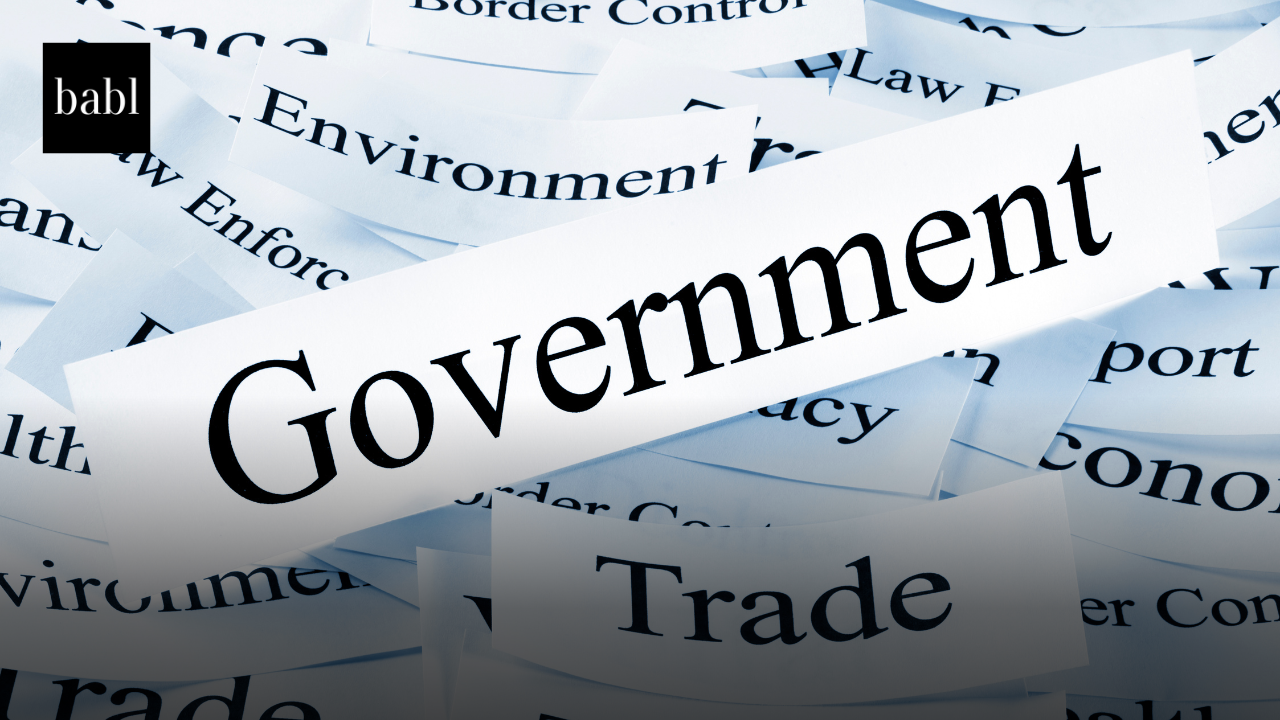AI bills going after deceptive political ads continue to be introduced across the United States. New Hampshire House Bill 1596-FN (HB 1596) would add a new section to existing law to prohibit the distribution of deceptive synthetic media and deep fakes of candidates and parties on state or local ballots within 90 days of an election.
Synthetic media is defined as manipulated images, audio, or video created with AI to depict false speech or conduct. A deceptive deep fake is synthetic media that appears to show a person doing or saying something they did not actually do or say, or provides a fundamentally inaccurate impression.
Entities are prohibited from distributing deceptive deep fakes of candidates within 90 days of an election. Exceptions allow disclosure stating the media is AI-manipulated and does not depict actual events. Broadcasters and publishers can also show deceptive deep fakes with a disclaimer that authenticity is questioned. Satire and parody are exempted.
The bill notes that there are some cost concerns associated with this bill. The Judicial Branch anticipates increased litigation from the new cause of action. Average costs per case in Superior Court are estimated at $1,321 for complex cases and $494 for routine cases. Court fees are $280 for an original entry or third-party claim, while $160 is needed to reopen a case.
Candidates depicted through deceptive deep fakes can seek injunctions and damages against sponsors. This bill was introduced before voters in the state received robocalls from a fake President Joe Biden that was AI-generated. The state’s Attorney General is currently investigating companies in Texas for the alleged incident. A public hearing for HB 1596 is scheduled for 1:50 p.m. on February 20.
It’s tough keeping track of the AI regulatory landscape. Which is why you should consider reaching out to BABL AI. Their team of Audit Experts is ready to offer valuable insight while answers your questions and concerns.





